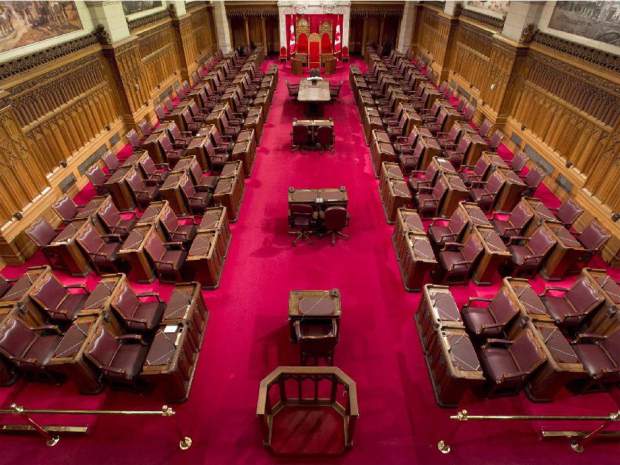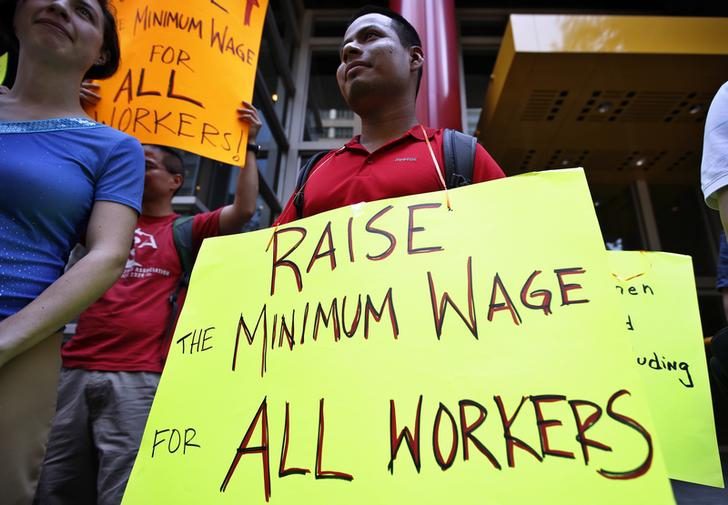Here's a tough truth for conservatives, the ones who are constantly talking about self-government, common sense and free markets: Indigenous people are probably not waiting with bated breath for outside opinions on how they govern themselves.
That's also probably true of Black Canadians, Jewish Canadians (like myself), Muslim Canadians, Chinese Canadians or any other kind of Canadians about whom there is continued interest in "exposing" less-than-transparent financial practices and "ethnic politics".
It is just possible that, in concordance with what is supposed to be the Conservative worldview, that these issues should be the business of the communities being commented upon, and that while outsiders have the right to speak, that doesn't mean those outsiders' words are going to, or should be perceived as being very helpful by the people being spoken about. Why? Because what's being said is probably nothing that hasn't been heard before countless times.
So despite what Frances Widdowson and Lynne Beyak have to say on the subject, "honest talk" about what's going on in Community X is not going to "achieve genuine reconciliation" any more than spouting off about all the money transferred to Quebec and/or the degree of corruption within that province would bring the two solitudes closer together.
It is well understood by these politicians that blasting Quebec from the outside despite how true it may be would be political suicide. And yet doing the same is assumed to be good and needed practice when it comes to minority or Indigenous communities.
Not to mention that the people doing the blasting more than likely have plenty of corruption going on in their own backyards. Does a place governed by Kathleen Wynne really have the moral authority to be criticizing the financial transparency or the cultural character of a reserve?
Or perhaps you are upset by the fact that the Missing and Murdered Indigenous Women's Inquiry appears to be having a tough time of it? Guess what: Quite a few Indigenous people probably feel the same way you do. It's probably a very sore subject. So what exactly is to be gained, even from a purely strategic perspective, from pointing out what people already know and are already not too happy about?
Sure, it may feel great, but if you want to embolden the community power-brokers who you think are holding the rest of the bloc down, you couldn't give them a better excuse to justify their existence than pretending you know the community better than they do. You don't. You can't.
If we, as Canadians, resent clueless Americans writing puff pieces in the New York Times or Washington Post, glorifying Justin Trudeau as some avatar of progressivism and talking about our country as though they have the faintest clue what's really going on, then it isn't much of a stretch to imagine how Indigenous people feel when they are pandered or dictated to in a similar way.
"But why do the Liberals get to pander and dictate?" I hear these conservatives whine. Because they're Liberals, and they hold absolute power by virtue of being Liberals, and the leadership of these communities are smart enough to know that the Liberals will be back someday even if they do somehow lose the government.
But here's a wacky idea: Just because the Liberals have been paternalistic and heavy handed doesn't mean conservatives should be as well. Unless everyone WANTS to be Liberals, that is. Unless we want to have the power to speak as Justin Trudeau or Kathleen Wynne does and effect lasting change within an entire voting bloc without having to do the work of building necessary trust, emboldening people within the community who feel as you do, or actually giving the high platform the party offers to those activists.
Because and as Canadians who live everyday in the shadow of the United States, this should be inherently obvious change is not going to be imposed on these communities from without no matter how well intentioned it is.
Rather, it must come from within.
Photo Credit: CBC News
Written by Josh Lieblein









